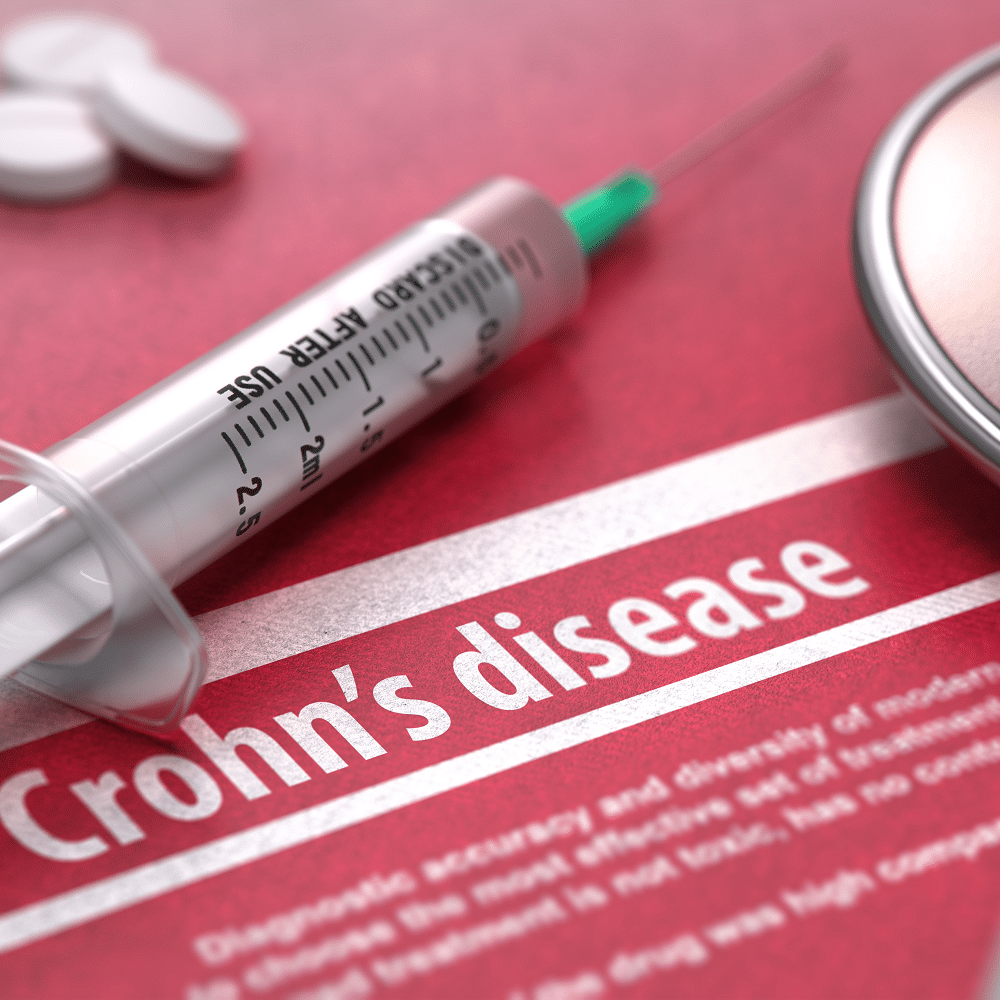The Mayo Clinic describes Crohn’s Disease as an inflammatory bowel disease that can affect several different points of the digestive tract, and patients can suffer with diarrhea, abdominal pain, weight loss, and fatigue; the pain experienced can vary to be so severe that it can lead to life threatening complications.
“It has a negative impact on many aspects of quality of life, including physical, social, psychological, and sexual functioning,” researchers described in a statement.
Until this study there has been no known cure for this disease, but Professor Thomas Borody and associates claim to have successfully put the disease into remission using a new specific antibiotic combination treatment as well as Fecal Microbiota Transplant.
FMT involves taking gut bacteria from a healthy donor to transplant into the patient where if all goes well it will help to repopulate and rebalance the patient’s microbiome. In this area Dr. Borody is considered to be a world leader, and he has overseen more than 37,000 FMT transplants for CDD. This study suggests that patients may be able to go decades without needing another treatment for Crohn’s disease.
“Prolonged remission has been achieved for 3-23 years with individualized treatments,” the report explained.
Most patients are diagnosed with Crohn’s disease when they are between 20-30 years old. Research suggests that there may be an “imbalance present in the gut microbiome” of those with this disease which could also possibly contain a parasite.
The team believes that their breakthrough treatment opens new paths to streamlining FMT processes, and that future treatments could use a pill full of freeze dried fecal material from a healthy donor which may even be able to be administered orally.
“Crohn’s disease (CD) is a chronic inflammatory process of the digestive tract characterized by deep ulcerations, skip lesions, transmural inflammation, fistulae and granulomas, with no known cure. It has a negative impact on many aspects of quality of life, including physical, social, psychological, and sexual functioning.”
“Crohn’s disease (CD) is rising in incidence and has a high morbidity and increased mortality. Current treatment uses immunosuppressives but e cacy is suboptimal, and relapse is common. It has been shown that there is an imbalance present in the gut microbiome (dysbiosis) in CD with a possible infective aetiology–Mycobacterium avium subsp. paratuberculosis (MAP) being the most proposed. Antibacterial therapy and Faecal Microbiota Transplan- tation (FMT) are emerging treatments which can result in clinical and endoscopic remission, if employed correctly. The objective of this study was to report on the treatment and clinical outcomes of patients with CD in prolonged remission. “




